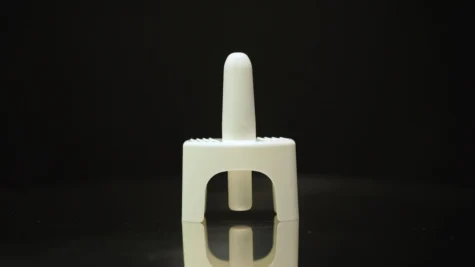Addiction does many things to people’s lives, including ruining their health and finances. For some, they end up losing their jobs and suffering financial losses even when they go to get treatment. This is part of what makes some people hesitant to go into rehab. If they feel like they may lose their job or be punished in some kind of way for deciding to enroll in rehab, even if they know they desperately need the help of a professional program to overcome their addiction. But if you’re suffering from an addiction and need to keep working, you still have options.
There are programs that allow you to keep working like ours here at Southern Sky Recovery. We are here to help you write a new story of recovery with the care that covers every facet of addiction so that no matter what you are struggling with, we have the program and experience needed to help you get sober. We know that life doesn’t stop just because you need to go into rehab, and we want to help by explaining how there are programs that let you work. Rehab while working is a different experience than other types of rehab, so it helps to be able to work while in rehab.
Southern Sky Recovery is a top-rated drug rehab in Bluffton. Contact us today to learn more about how we can help.
Can You Work While In Rehab
Working while seeking outpatient addiction treatment can be challenging, but it is definitely possible with proper planning, support, and commitment. Here are some strategies and considerations to help individuals balance their work responsibilities with outpatient addiction treatment:
- Open Communication: Start by having an open and honest conversation about your situation with your employer or supervisor. Share your intention to seek treatment and discuss potential adjustments to your work schedule or workload that can accommodate your treatment needs. Many employers are understanding and supportive when it comes to addiction recovery.
- Flexible Work Schedule: Explore flexible work arrangements such as adjusting your working hours, working part-time, or exploring telecommuting options. This flexibility can allow you to attend therapy sessions, support groups, or other treatment activities without conflicting with your work responsibilities.
- Treatment Schedule Alignment: Work closely with your treatment provider to align your treatment schedule with your work schedule. Seek outpatient programs that offer flexible appointment times, including evenings or weekends, to minimize disruptions to your work hours.
- Time Management: Effective time management is crucial when balancing work and outpatient treatment. Prioritize your tasks, set realistic goals, and allocate time for work and treatment activities. Avoid overcommitting yourself, and learn to delegate or ask for assistance when necessary.
- Supportive Work Environment: Surround yourself with a supportive work environment. Share your recovery journey with trusted colleagues who can provide encouragement and understanding. Engaging in employee assistance programs or seeking support from coworkers who have gone through similar experiences can be beneficial.
- Utilize Breaks and Lunch Hours: Utilize your break times and lunch hours strategically. Use these moments to attend support group meetings and therapy sessions or engage in self-care practices. This way, you can make the most of your time without significantly disrupting your work obligations.
- Self-Care and Stress Management: Prioritize self-care to manage stress effectively. Engage in exercise, meditation, or hobbies promoting relaxation and mental well-being. Taking care of yourself will support your recovery and enhance your work performance.
- Confidentiality: Maintaining the confidentiality of your treatment and recovery journey is essential. Share information only with those who need to know, such as supervisors or human resources personnel who are directly involved in accommodating your treatment needs. Disclosing your status can help create a supportive and respectful work environment.
- Outside Support System: Build a strong support system outside of work, including friends, family, or individuals in recovery. Lean on them during challenging times, seek their advice, and share your progress. Having a network that understands your journey and provides emotional support can make the process more manageable.
- Take Advantage of Resources: Research and tap into community resources, including addiction helplines, support groups, and counseling services. These resources can offer guidance, encouragement, and additional support throughout your recovery journey.
Remember, recovery takes time and effort, and it’s essential to prioritize your well-being throughout the process. By effectively managing your time, seeking support, and maintaining open communication, you can successfully work while seeking outpatient addiction treatment.
Southern Sky Recovery is Here With the Treatment Services You Need
Southern Sky Recovery has the resources you need to continue your job remotely while getting the treatment you need to overcome your addiction. While treatment should be the most essential thing in your life while you are trying to overcome your addiction and learn how to cope without drugs and alcohol, we know that life doesn’t just stop.
That’s why we are happy to be here with luxurious accommodations and top-quality amenities so you can get well and do what you need to do simultaneously. Contact us today to learn more about our outpatient rehab in Bluffton, South Carolina.



